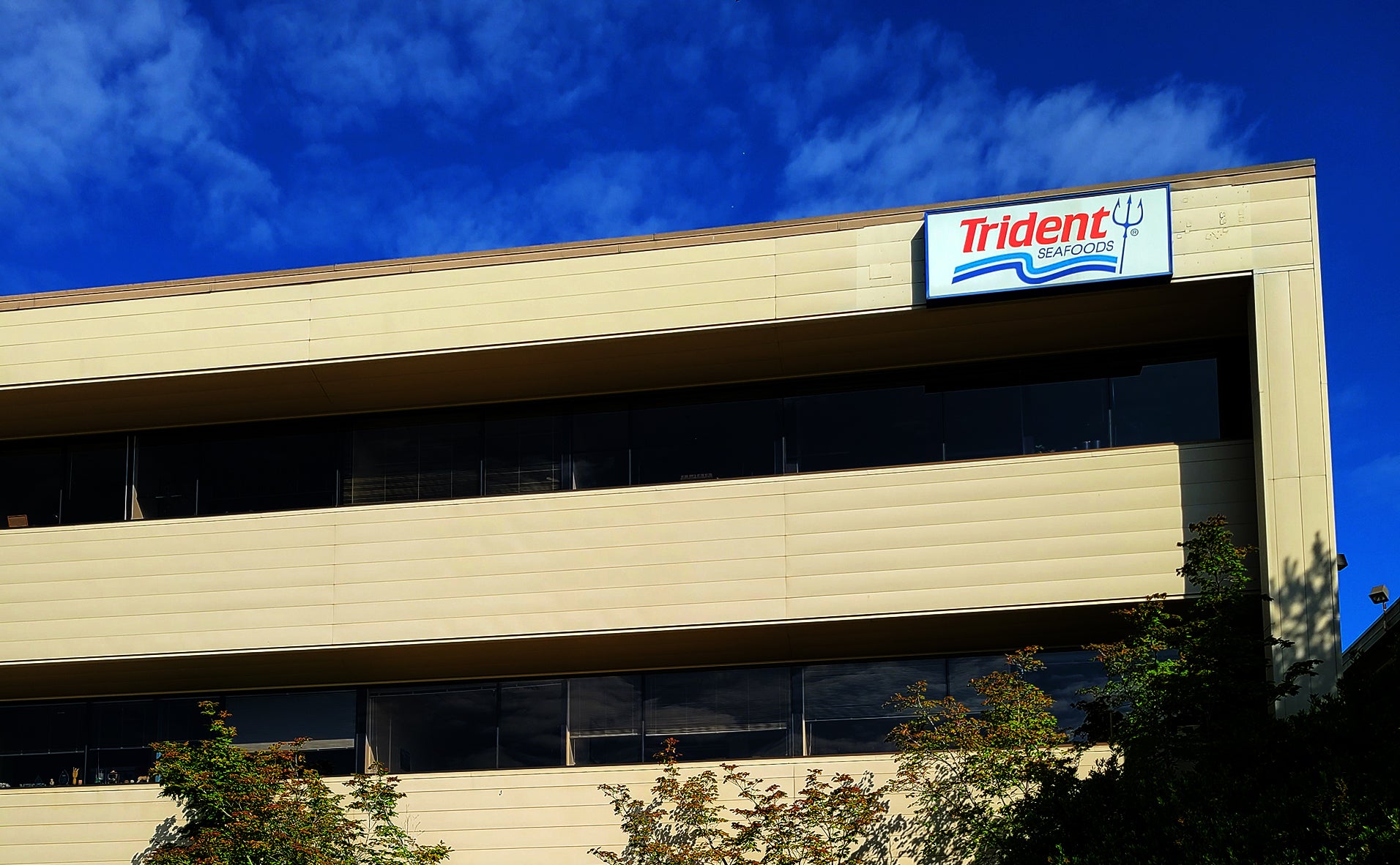Seattle, Wash. – Trident Seafoods, a company that has been operating continuously in Alaska for more than 50 years, will seek potential buyers for four of its Alaska shoreside plants as part of a comprehensive restructuring initiative. This move puts the company on a path toward streamlining its Alaska operations and refocusing its global commercial strategy.
The restructuring is designed to focus operations and investments on assets that fuel the company’s shift. This includes plans to seek buyers for its diverse operations in Kodiak, Alaska, while operating a significantly scaled-back winter season. The Kodiak plants operate nearly year-round and support multiple species, primarily pollock, salmon, Pacific cod, and crab.
"Bold action today is necessary to deliver fair value to fleet, communities, and all stakeholders into the future," said Joe Bundrant, CEO of Trident Seafoods.
"Our Kodiak operations are integral to the Gulf of Alaska fisheries," said Jeff Welbourn, Senior Vice President of Alaska Operations at Trident Seafoods. "They are highly efficient, multispecies plants, and we are working diligently to find a new owner to support the fleet and the Kodiak community."
Trident also announced that its regional salmon strategy would refocus operations in Southeast Alaska and Area M. The move will see the company seeking buyers for its seasonal plants in Ketchikan, Petersburg, and False Pass. "These are all well-maintained operations that align better with other operators’ strategies," added Welbourn. "We are optimistic the combination of new ownership and our continued service to the fleet through our other locations will mean little to no disruption for regional salmon fleets."
To round out the Alaska operations strategy, Trident is retiring or seeking buyers for other assets, such as the historic South Naknek Diamond NN cannery facility and the support facilities in Chignik. The company is also assessing its overall company-owned vessel strategy.
The restructuring effort is not confined to Alaska alone. Trident is also streamlining and optimizing its head office support functions, resulting in a 10% reduction in headcount.
The restructuring effort enables Trident to execute its strategic drive to modernize its processing plants throughout Alaska. In August, the company announced a delay to the three-year plan to build a new, state-of-the-art processing plant in Unalaska’s Dutch Harbor to replace an aging plant in Akutan, Alaska. Construction is likely to resume once the restructuring activities are complete.
"We are modernizing and re-tooling the remaining Alaska plants to be more efficient, effective, and sustainable operations," said Welbourn. "This will allow us to continue supporting as many fleets and communities as possible across Alaska for the long term."
This long-term vision underscores Trident’s commitment to operational excellence while adapting to the changing dynamics of the global seafood industry. As Trident embarks on this transformational journey, it remains focused on maintaining its world-class quality and safety standards and exploring innovative solutions to meet customer demands.
Trident’s strategy reflects the realities facing U.S. seafood producers in global markets. Across many species, the combination of declining demand, excess supply, and foreign competition has driven prices down, squeezed margins, and displaced U.S. producers from markets that they developed over decades.
"We are competing against producers in other countries that do not share our commitment to or investments in environmental sustainability, social responsibility, and product quality," said Bundrant. "Many of our foreign competitors operate with minimal regulatory costs and oversight, inexpensive infrastructure, and exploitive labor practices."
In this global business environment, Trident is betting that it can remain competitive by attracting customers who value the sustainability, quality, and integrity of wild Alaska seafood—while also aggressively reducing costs and improving productivity.
"Overall, I remain confident in the Alaska seafood industry and our role in it. These are significant changes, and we are focused on treating our impacted employees and communities with the respect and compassion they deserve," added Bundrant. "Embracing these changes and operating a more streamlined company will allow us to reinvest in the communities, people, processes, and assets that enable us to continue our mission of responsibly sharing wild Alaska seafood with the world."
FOR MORE INFORMATION, CONTACT:
Alexis Telfer (Trident Seafoods, Corporate Communications) atelfer@tridentseafoods.com
Stefanie Moreland (Trident Seafoods, Corporate Spokesperson) smoreland@tridentseafoods.com
ABOUT TRIDENT SEAFOODS
Trident Seafoods is the largest vertically integrated seafood harvesting and processing company in North America. Trident is a privately held, 100 percent USA-owned company with global operations in 6 countries and serves customers in over 50 countries. Headquartered in Seattle, Washington (USA), Trident employs approximately 9,000 people worldwide each year and partners with over 5,400 independent fishermen and crewmembers. Species harvested and processed by Trident include virtually every commercial species of salmon, whitefish, and crab harvested in the North Pacific and Alaska. The global supply chain also includes cultured and wild species from a network of trusted sources worldwide.
Follow Trident on the Web at www.tridentseafoods.com or on social media on Facebook, X (Twitter), Instagram, Pinterest, YouTube, or LinkedIn.
